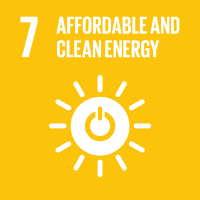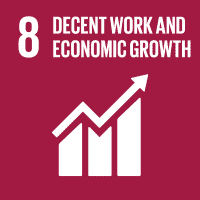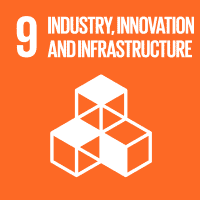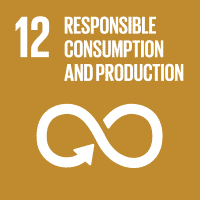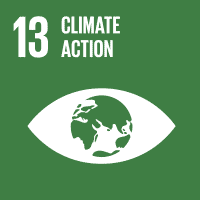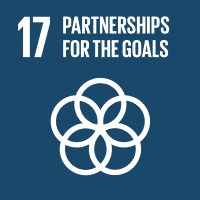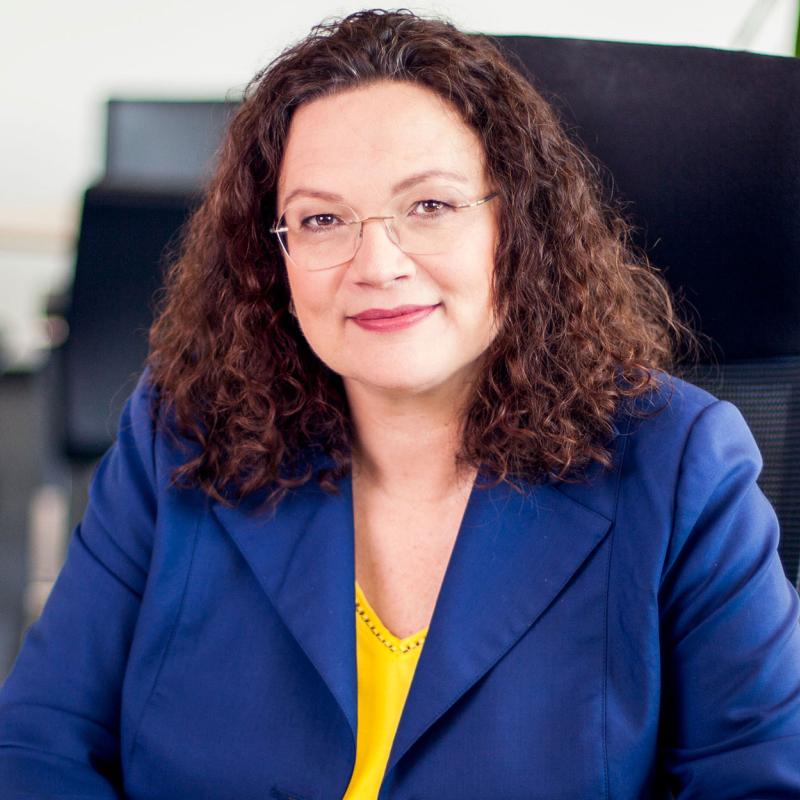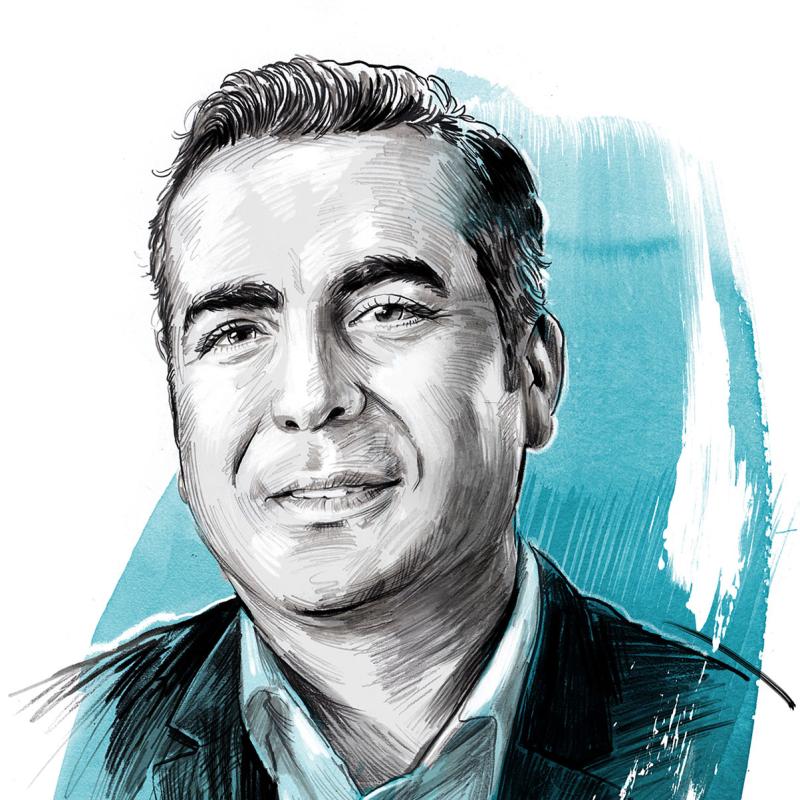The Federal Ministry for Economic Affairs and Climate Action (BMWK) is politically responsible for the Partnering in Business with Germany programme. Together with the respective governments of the partner countries, the BMWK designs the bilateral cooperation within the framework of the programme. The Deutsche Gesellschaft für Internationale Zusammenarbeit (GIZ) GmbH has been commissioned by the BMWK to implement the programme.
A win-win for all
New markets, new partners, new horizons: Partnering in Business with Germany promotes business contacts between SMEs in developing countries and emerging economies and those in Germany.
More than 5,000 kilometres separate Amorbach in the Odenwald region of Germany and Shymkent in southern Kazakhstan. It might not seem obvious for two family-run businesses so far apart to forge close ties. They were brought together by Partnering in Business with Germany. The trust-based cooperation that has developed between the two water management companies is just one of many success stories from a programme that began over 25 years ago.
What is Partnering in Business with Germany?
Partnering in Business with Germany connects managers from mainly medium-sized companies in Germany with entrepreneurs from participating countries, of which there are currently 17. Opportunities for cross-border economic cooperation are thus developed. Previously known as the Manager Training Programme, the new name Partnering in Business with Germany highlights the focus of the programme: partnerships.

At a jubilee event in late 2023, the Federal Minister for Economic Affairs and Climate Action Robert Habeck emphasised that the programme was about partnering in terms of business relations, but also in terms of a political partnership – and ideally, when things go well, about a partnership of people, too.
Every year, the programme attracts around 1,400 German companies that are looking to tap into foreign markets. So far, around 17,000 managers and decision-makers from the participating countries have taken part.
A focus on sustainable business practices
The partnership programme for business cooperation is a response to the challenges of our time. Its focus since the 2020s has been on climate protection, the supply of raw materials and energy and the diversification of supply chains. Since then, activities have been expanded to include sectors that are reducing CO2 emissions and contributing to decarbonisation.
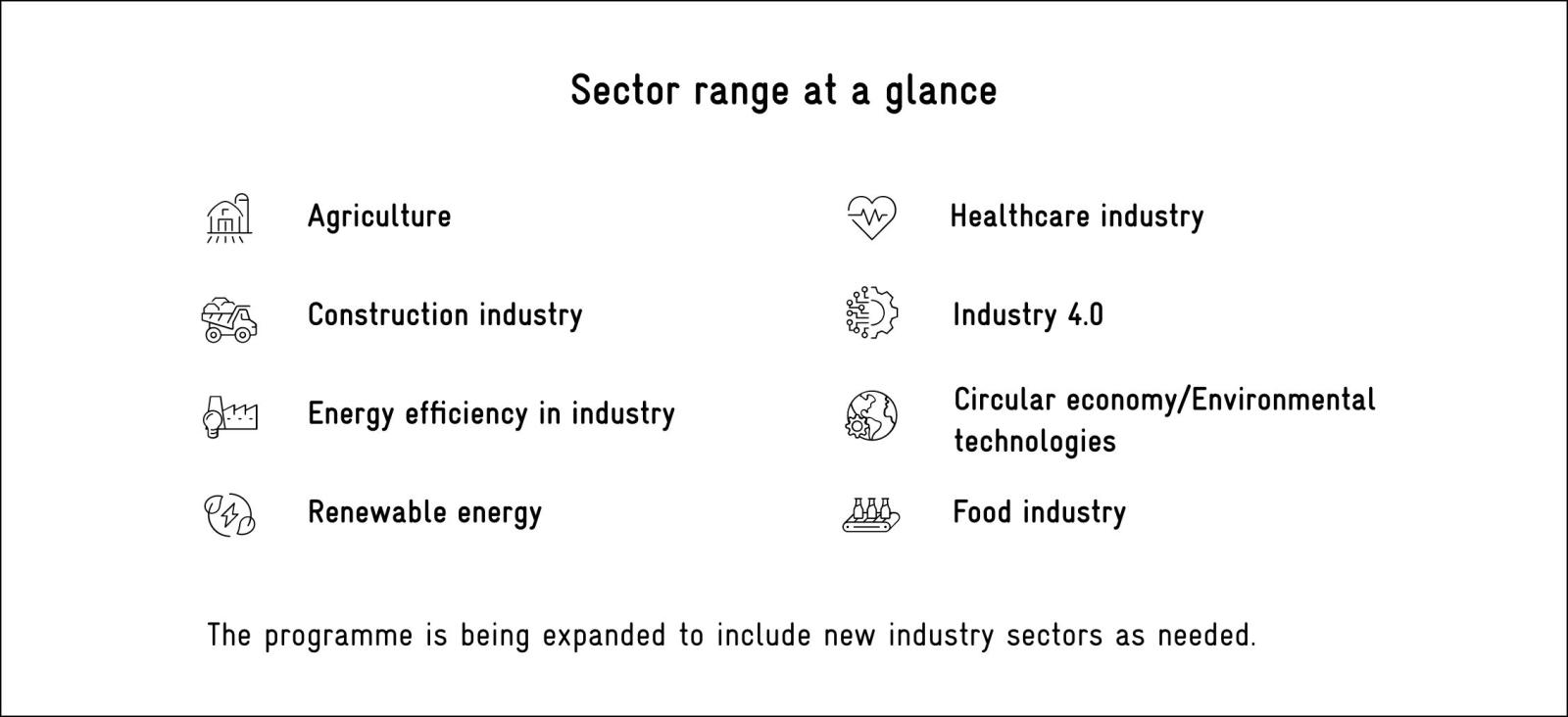
Four successful partnerships
Click on the flashing crosses to find out more about the cooperations.
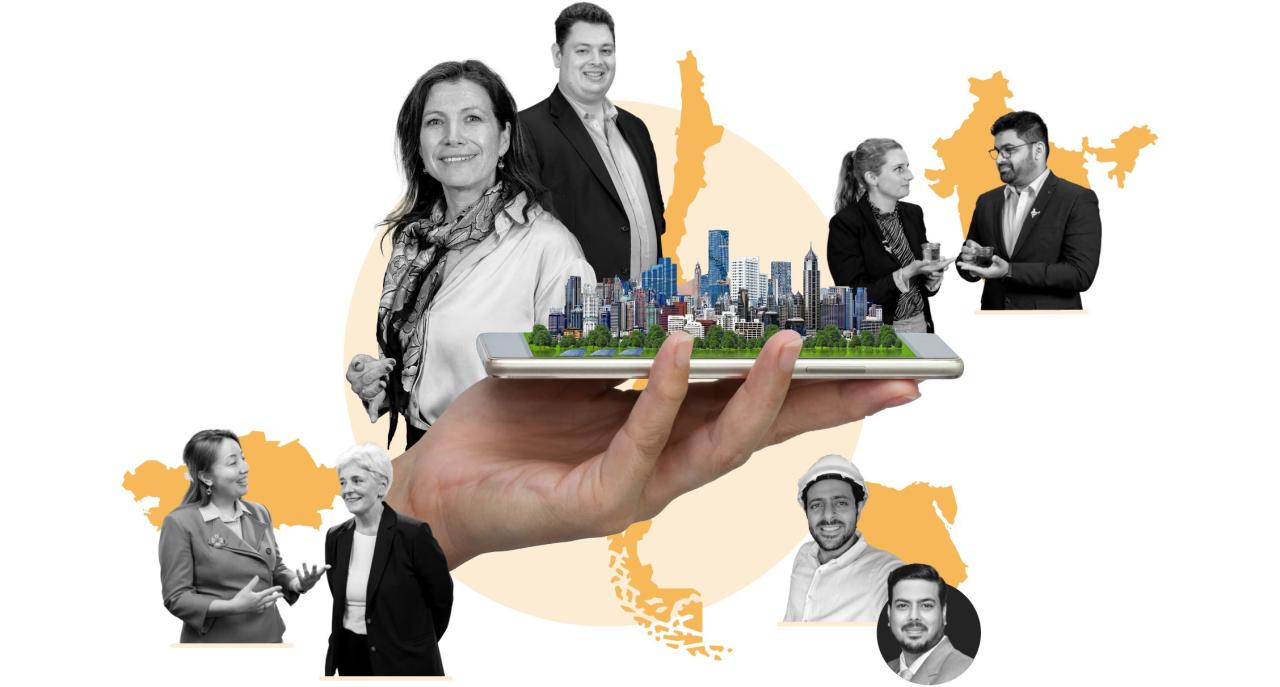
Kyzzhibek Ryszhanova & Martina Römmelt-Fella
‘It’s not just about hydro turbines and electricity capacity. Our German-Kazakh cooperation is helping to achieve the climate goals.’
Ahmed Fathelbab & Siddharth Sharma
‘We now have a reliable partner for orders in Africa.’
Alexander Schmidt & Lorena Santana
are combining their expertise for smarter cities and communities in South America and Europe.
Sahil Bhargava & Lena Neumann
are working on advancing circular economy in India and Germany.
The video material used was commissioned, produced and financed by the BMWK.
Faced with Russia’s war of aggression against Ukraine, the programme used its many years of experience and partnerships in the region to implement a Special Initiative in 2023. Ukrainian experts and managers living in Germany were brought together with German companies through job shadowing arrangements. The special initiative thus contributed indirectly to Ukraine’s reconstruction and the country’s accession to the EU single market.
How does the exchange work precisely?
Managers and entrepreneurs in the participating countries apply by submitting concrete business ideas. Every year, around 50 groups of 20 participants are selected from the pool of applicants. The programme for international managers lasts around eight months in total. A key component is a two-week stay in Germany, where participants have the opportunity to gain first-hand experience of Germany as a business location and actively approach German companies.
Prior to this, participants are prepared in-depth for cooperation with German companies. The entrepreneurs familiarise themselves with German business culture. They learn about German quality standards, environmental protection guidelines and fair working conditions – important elements for successful cooperation with German partners. This introductory phase usually takes place online, and a digital learning and communication platform was developed for this purpose.
‘The programme helped me understand what makes Germans tick,’ explained participant Rania Oraby in an akzente interview: if you understand the other side, it’s easier to build trust and therefore stable business relationships.
Within the partner countries, the programme is highly regarded in terms of its economic policy value. Partner governments are responsible for advertising the programme, for the selection process for eligible companies and also for preparing programme participants. This underlines the uniqueness of the programme and the partnership-based cooperation, also at the level of the political partners and implementing organisations.
Matchmaking with German companies
By offering a stay in Germany, Partnering in Business with Germany gives participants the time and space needed to gain a better understanding of the German market – and above all the chance to meet potential German business partners. The programme also provides support to all participants after their return, to ensure that experiences and contacts are developed further. The programme is responsible for forging long-term business relationships and a global network of international SMEs.
German companies interested in gaining access to new markets and international business partners can get in touch with Partnering in Business with Germany. During visits with international guests, they gain first-hand experience of new markets at their company headquarters. Matchmaking of this kind – the targeted pairing of German and international companies – often results in long and successful partnerships.
Like the one between Martina Römmelt-Fella from family company DIVE Turbinen in Amorbach, Bavaria, and Kyzzhibek Ryszhanova from KelesHydroStroy in Kazakhstan. The two women are not only driving their businesses forward together. With German water turbines now installed in hydropower plants in Kazakhstan, they are also contributing to sustainable energy security.
 Partnering in Business
Partnering in Business
